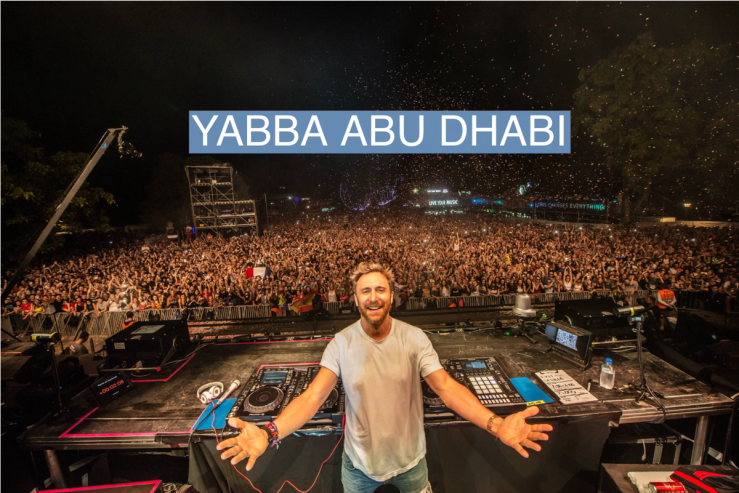The Scoop
The hottest piece of paper for global power players right now isn’t an AI stock or a bond with a juicy yield. It’s an Emirati passport.
The UAE has been handing out travel credentials to select foreign billionaires, businessmen, and celebrities, hoping to spur investments and burnish the region’s financial and cultural credibility. The list, which spans business, sports, and arts, is a cross-section of a new global elite that tilts to the south and east, united by their ability to bring money, fame, or industry to the Gulf state, and the passports have gone mostly to friends of its ruling family, the al-Nahyans.
Hedge fund boss Ray Dalio has one. So do star deejay David Guetta; Rajeev Misra, the former boss of SoftBank’s Vision Fund; Russian UFC fighter Khabib Nurmagomedov; and Syed Basar Shueb, the Pakistani chief executive of industrial colossus IHC, according to people familiar with the arrangements. (U.S. prosecutors said Changpeng Zhao, the indicted founder of crypto trading firm Binance, holds one, too.)
The passports don’t confer citizenship or certain benefits enjoyed by locals, like gold-plated healthcare and a government stipend — not that these recipients need them. Instead, they act as a backstage pass of sorts to the emirate’s economic modernization, a ticket to the club of well-connected men who are steering its vast oil wealth into global sports, media, and finance deals.
Representatives for the UAE Embassy in the U.S., Dalio, Guetta, Misra, and others mentioned in the story didn’t respond to requests for comment.
In this article:
Liz’s view
It’s the latest sign of a growing and occasionally strange two-way courtship between Middle Eastern states and international bigwigs. Gulf officials in the UAE, Saudi Arabia, and Qatar have trillions of dollars in oil money and mandates to diversify their economies. Foreign investors and industrialists, suddenly living in a world where capital is scarce and expensive, are lining up to help them spend it.
But as I’ve written before, Gulf states are hardly pure economic actors. “Whether splashy investments in European soccer teams or electric-car startups earn big returns for Saudi Arabia’s Public Investment Fund is a bit beside the point, which is to tilt the kingdom’s economy away from oil and project its influence abroad,” I wrote last month.
That’s how U.S. media banker Aryeh Bourkoff ended up investing in the IPO of Abu Dhabi’s national oil company at the request of a powerful Emirati sheik. The money (which was the government’s to begin with) was irrelevant; the imprimatur of a Hollywood mogul was invaluable.
Dalio moving his family office to Dubai or flashing an Emirati passport at customs when he visits his beachside penthouse in Abu Dhabi brings that same validation. So does Indian industrial giant Essar (whose founder, I’m told, was offered a passport but hasn’t accepted it) bidding on construction contracts. The Gulf state reportedly paid huge sums to bring UFC fights; having Dana White declare “I love it here” is as valuable as fight-night revenue.
The confluence of money and power in the Middle East is the story in global finance right now, the thread that runs through so many other stories. It’s straining the scruples of some international players and beckoning others, and testing whether a sheer mountain of money can buy acceptance on the global stage.
The View From Qatar
This isn’t the first time the region, chasing international clout, has imported talent. Qatar has fielded Olympic teams stacked with Kenyan runners and Bulgarian weightlifters. And plenty of countries dole out official status to foreigners in exchange for money or investment.


